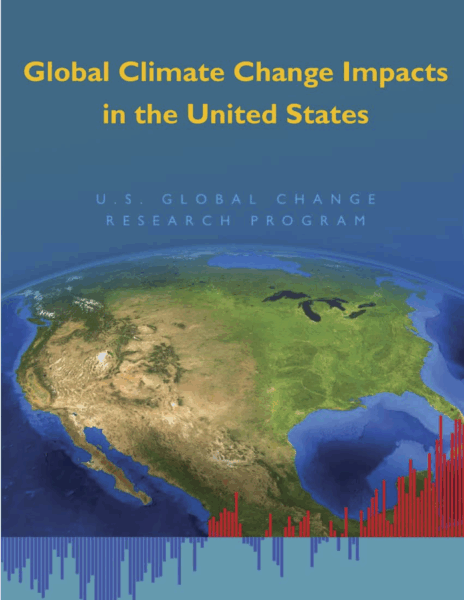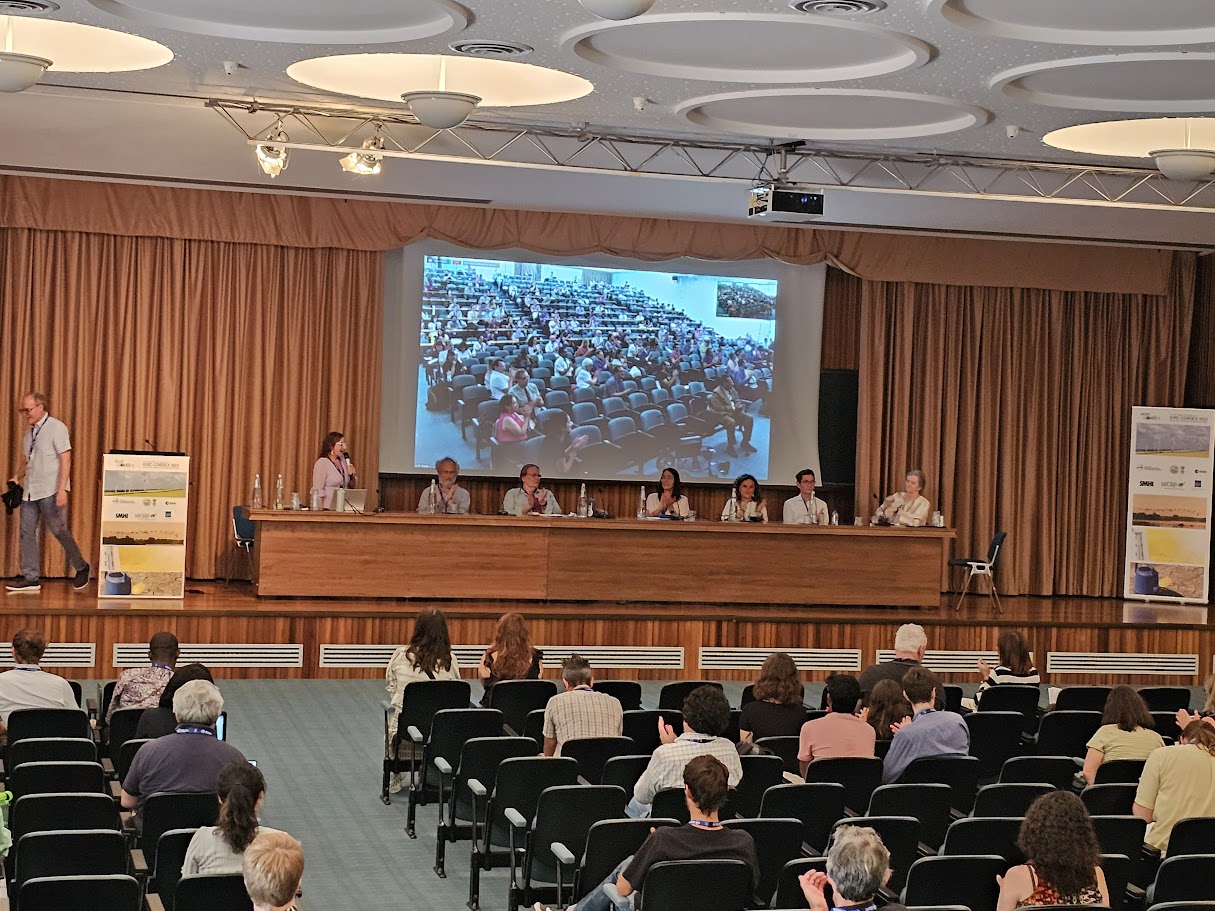For the first time, the Federal Judicial Center (FJC) commissioned a chapter on climate science for the manual they put out (with the NASEM) for judges, the Reference on Scientific Evidence (4th Edition). This week, a month after it was published, they pulled the chapter out after being pressured by 27 Republican Attorneys General. You can nonetheless read it here.
[Read more…] about The Climate Science reference they don’t want Judges to readclimate services
Who should pay?
Climate risk scores on real estate listings are having an impact on prices and realtors are complaining. But who should pay for these losses?
[Read more…] about Who should pay?National Climate Assessment links
For some reason, it has become hard to locate the various National Climate Assessments (NCAs) that have been produced by the USGCRP over the decades (and it’s pretty hard to find the USGRCP as well…). However, the reports are still accessible if you know where to look. So for future reference, here are all the links (and we’ve downloaded the pdfs locally so that they will always be available here).

NCA1 (2000)
- Full report (via the internet archive) (via gov archive) (local pdf)
NCA2 (2009)
- Full report (via the internet archive) (via gov archive) (local pdf)
NCA3 (2014)
- Full Report (via the NOAA library) (local pdf)
- Climate Science Supplement (via the internet archive) (local pdf)
NCA4 (2017)
- Volume 1 Climate Science Special Report (via the NOAA library) (local pdf)
- Volume 2 Impacts, Risks, and Adaptation in the United States (via the NOAA Library) (local pdf)
NCA5 (2023)
- The NCA5 Atlas (via ESRI)
- Full report (via the NOAA Library) (local pdf)
NCA6
There is no ongoing NCA6 process, even though it is mandated by Congress to be completed over the next few years. We’ll let you know if that changes.
Climate change in Africa
While there have been some recent set-backs within science and climate research and disturbing news about NOAA, there is also continuing efforts on responding to climate change. During my travels to Mozambique and Ghana, I could sense a real appreciation for knowledge, and an eagerness to learn how to calculate risks connected to climate change.
[Read more…] about Climate change in AfricaUnforced Variations: Mar 2025
The need for pluralism in climate modelling
How should we allocate resources for climate modelling if the goal is to improve climate-related decisions? Higher resolution, machine learning and/or storylines? A call for a deeper discussion on how we should develop the climate modelling toolbox.
Guest post by Marina Baldissera Pacchetti, Julie Jebeile and Erica Thompson
[Read more…] about The need for pluralism in climate modellingThe 5th International Conference on Regional Climate
The fifth international conference on regional climate (ICRC 2023), organised by World Climate Research Programme’s (WCRP) coordinated downscaling experiment (CORDEX), has just completed. It was a hybrid on-site/online conference with hubs in both Trieste/Italy (hosted by the International Centre on Theoretical Physics, ICTP) and Pune/India.
The hybrid set-up, with video links between the two hubs and digital attendence through zoom, was a change from previous ICRCs held in ICTP (2011), Brussels (2013), Stockholm (2016), and Beijing (2019). It worked impressively well, and the CORDEX ICRC 2023 streaming is available from the WCRP CORDEX YouTube channel.
It seems as an eternity since the previous ICRC before the COVID pandemic, so I was curious to see how things have progressed since then. It was also interesting to compare my impressions from this conference with my blog posts here on RealClimate from the first ICRC in Trieste, the second in Brussels, the third ICRC in Stockholm, I see that questions concerning uncertainty and added value are still being debated.

Area-based global hydro-climatological indicators
The World Meteorological Organisation (WMO) Global Climate Observing System (GCOS) and Copernicus Climate Change Services (C3S) both provide sets of global climate statistics to summarise the state of Earth’s climate. They are indeed valuable indicators for the global or regional mean temperature, greenhouse gas concentrations, both ice volume and area, ocean heat, acidification, and the global sea level.
Still, I find it surprising that the set does not include any statistics on the global hydrological cycle, relevant to rainfall patterns and droughts. Two obvious global hydro-climatological indicators are the total mass of water falling on Earth’s surface each day P and the fraction of Earth’s surface area on which it falls Ap.
[Read more…] about Area-based global hydro-climatological indicatorsWatching the detections
The detection and the attribution of climate change are based on fundamentally different frameworks and shouldn’t be conflated.
We read about and use the phrase ‘detection and attribution’ of climate change so often that it seems like it’s just one word ‘detectionandattribution’ and that might lead some to think that it is just one concept. But it’s not.
[Read more…] about Watching the detectionsMmm-k scale climate models

What’s good (and what’s not quite ready) about plans for ‘k-scale’ climate modeling?
[Read more…] about Mmm-k scale climate models